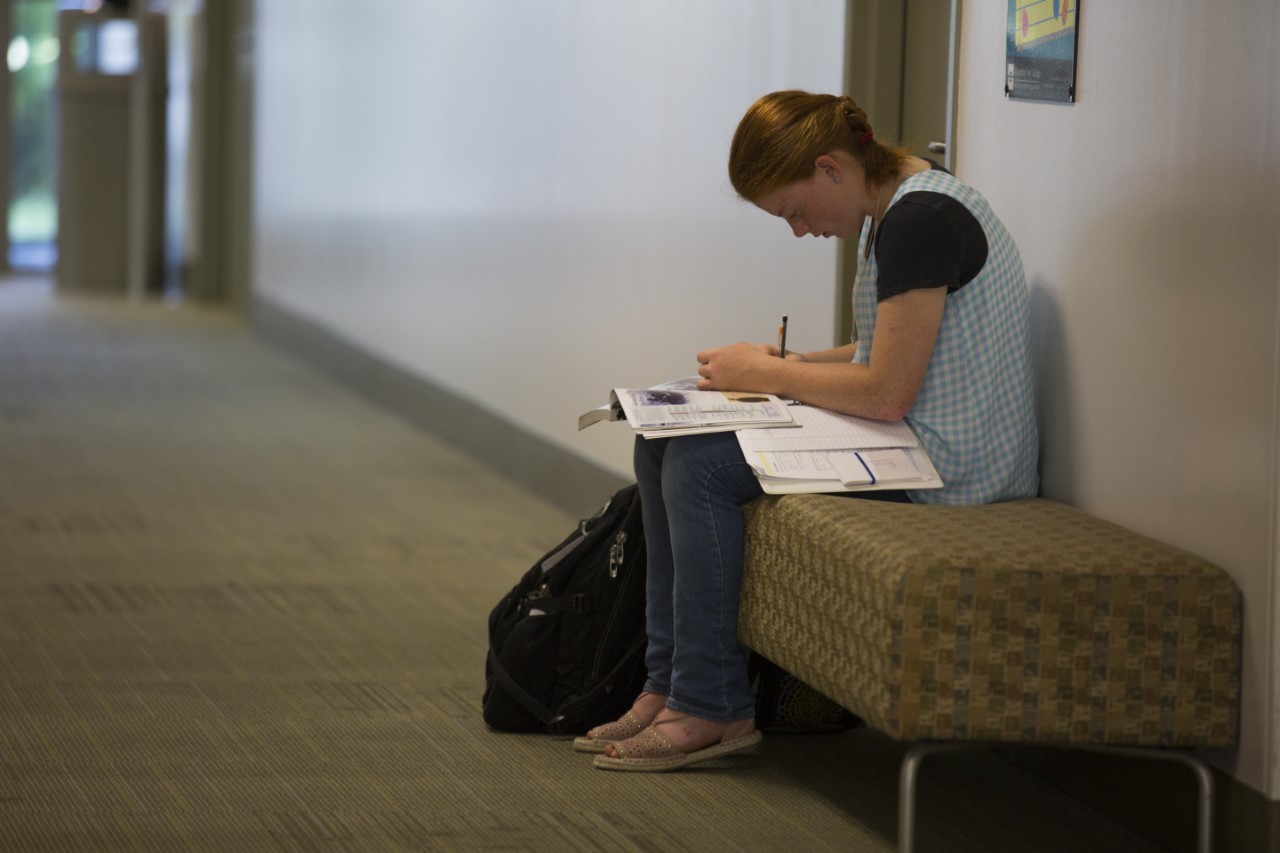This material was written by a Dallas College licensed counselor. All views expressed in this piece are their own and do not necessarily reflect the views of Dallas College.
Is he contagious? Are you contagious? Am I contagious? I don’t want to get something. I don’t want to bring anything home to my family.
We are all living with new anxieties that didn’t exist six months ago. We hear information and rumors and wonder and worry about it: Is this true? What does it mean, and how does it affect me? We talk to friends or family members, hear their worries and wonder, should I be worried about this too?
This is an even bigger worry if we’ve been offered a new job or are asked to come back to our physical place of work. We get advice about whether we should or should not go and all our decision’s pros and cons.
And that’s the second big thing that is contagious — not just the virus itself, but also the worry about all things COVID-19. Our anxiety itself has become contagious; I make you more anxious, and you make me more anxious. Our anxieties bounce back and forth and grow as we share them. It is human nature, but it is far from helpful. Sharing information is good, but sharing and increasing each other’s anxieties is not always so beneficial.
So, how do we get and share information without needlessly increasing others’ anxieties? There are ways to share and care, while feeling safer and calmer:
- Know your sources. Not all sites on the internet are reliable. Check your source and where they get their information before you accept what they say as absolutely accurate.
- Know your person. Do they tend to worry about everything or overreact? You don’t have to avoid them, but you don’t have to react to everything they tell you. Listen respectfully and tell them, “That really does sound bad,” but don’t necessarily take it in as the basis for your own worry or anxiety.
- Know your employer. Talk to them about their safety precautions. Most employers are working hard to make sure they follow procedures that keep both employees and customers safe. Knowing what these are should help you feel safer.
- Know good COVID-19 precautions. Do the things that you know keep you and yours safe.
- Know yourself. Make self-calming a goal and a priority. Find things that help you let go of anxieties: exercise, mindfulness, etc.
- Know your Dallas College resources. You have personal counseling available to help you learn self-calming. Departments and programs have group sessions and workshops to help you deal with concerns. There are also practical resources for food, utilities, etc.
Make sure that when it comes to COVID-19 anxiety, you’re not a carrier! Try not to catch this new contagious concern.
Written by Dr. Jesse Gonzalez, personal counselor at Dallas College
Dallas College Online Counseling for Students
Our professional counselors are still working hard for you! Did you know you can meet with a counselor for a virtual one-on-one session — for free?
Currently enrolled students can set up a virtual meeting through a safe and secure Webex link. To get started, all you must do is contact your campus Counseling Center. From there, a member of your campus Counseling Center team will walk you through the necessary pre-appointment procedure.
Cedar Valley counselors have started weekly, virtual counseling sessions every Wednesday through the Summer semester for students. Wednesday’s Word on WebEx begins at 1 p.m. Wednesdays. You are highly encouraged to take part in discussing any topic or concern during this period of anxiety for many.
Please note: If you are experiencing a mental health crisis, please call 911 or visit the nearest hospital emergency room rather than requesting an online counseling session
Community Mental Health Resources Available in Our Area
- North Texas Behavioral Health Authority can help pay for community psychiatric, mental health and substance abuse services — please call 214-366-9407.Suicide and Crisis Center of North Texas — please call 214-828-1000.
- National Veterans Crisis Line — please call 800-273-8255 and press 1.
- National Domestic Violence Hotline —please call 800-799-7233.National Sexual Assault Hotline — please call 800-656-4673.Message 741741 from anywhere in the United States to text with a trained crisis counselor. Heads up — standard messaging rates may apply.
It’s okay to say. If you see something that could be helpful to someone else, spread the word and share this information. Even if you’re not dealing with a specific mental health issue, chances are someone you know is.
